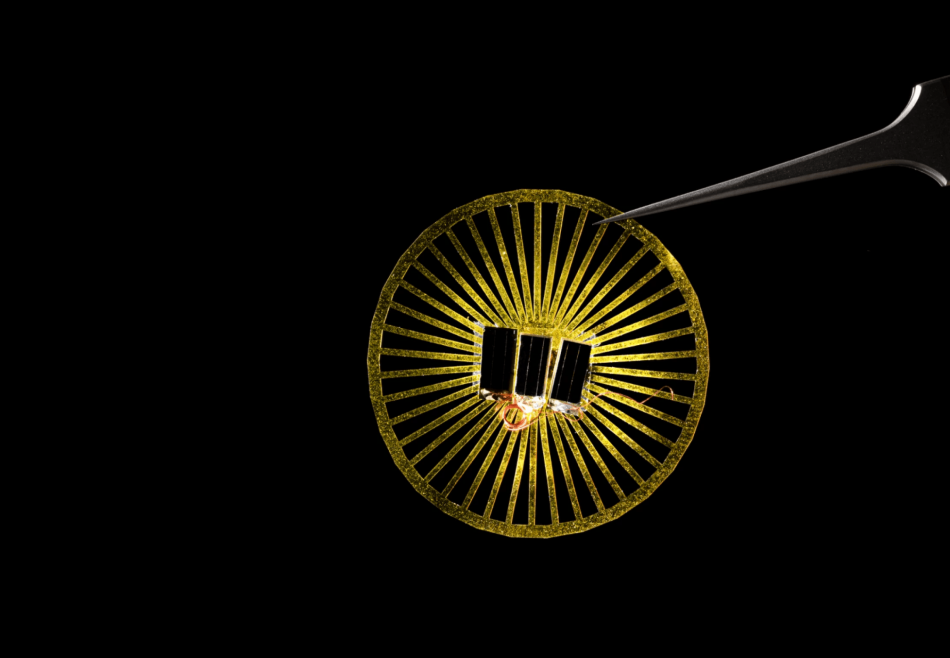
Creating multi-purpose superglue from mistletoe berries
When someone says the word mistletoe, images of kissing at Christmas automatically spring to mind. But what if we told you that the berries from this festive plant can be used for much more than just locking lips? Ancient civilizations have featured these berries in a wide variety of medicines, Read More...

3 eco-friendly swaps to “green up” this year’s spring cleaning
A common response to the increase in sunshine and fresh spring air is an undeniable desire to purge the heaviness of winter from our homes and make everything feel as clean and new as the budding light-green baby leaves on the trees outside. Even though spring cleaning can be hard work, Read More...

These battery-free sensors fly like dandelion seeds
Wireless sensors are a versatile technology used to measure all sorts of conditions, without the restraint of being attached to a stationary object the whole time. They have many applications such as in medicine - like this wireless sensor which monitors bone health - or in measuring environmental Read More...

This circular leather alternative is made from algae and peels
As people are increasingly becoming reluctant to use clothes and fashion accessories made out of animal-sourced leather, more and more designers are turning their eyes towards more sustainable and ethical alternatives. One of the latest leather alternatives on the market comes from textile Read More...

New battery biodegrades after a month in soil
E-waste is one of the most rapidly growing and toxic waste streams in the world today, but scientists at the Nanyang Technological University (NTU) in Singapore have come up with a partial solution by creating biodegradable batteries that can actually be buried in soil once they’ve reached the Read More...

New biodegradable glitter lets you sparkle guilt-free
As sparkly and magical as it is, glitter is actually a form of microplastic, and even products that claim to contain biodegradable glitter rarely actually are. This is a difficult issue to tackle because countries would need to reach an international consensus about regulating it, but fortunately, Read More...

Wasara's compostable tableware set is so pretty you won't want to toss it
Replacing single-use plastic or styrofoam take-out containers with biodegradable, organic, and compostable alternatives isn’t a new solution, however, tableware design company Wasara has effectively elevated the concept. Normally, disposable tableware sticks to the basics: plates, bowls, and Read More...

Bioplastic inspired by spider silk could replace single-use plastics
One of the most difficult-to-recycle types of plastic is the ‘microcapsule’ — a form of microplastic that’s added to the ingredients of many homecare and bodycare products. These tiny capsules then wash down the drain, where they pollute waterways because they’re so hard to detect. In an Read More...

Chile's single-use plastic ban will cut over 23,000 tons of waste annually
In a major win for environmentalists and marine ecosystems, Chile has passed a plastic regulation bill that would cut the country’s plastic waste by over 23,000 tons per year. Among other things, the new law will take aim at reducing plastic waste in the food industry and will also introduce a Read More...

This zero-waste body wash is a pouch that dissolves in your shower
Water is a key ingredient in most body wash products that come in plastic bottles. This poses two key environmental challenges: On top of the sustainability issue that comes with fossil fuel-derived packaging, shipping water also comes at a high environmental cost. Seeking to deliver a product Read More...


